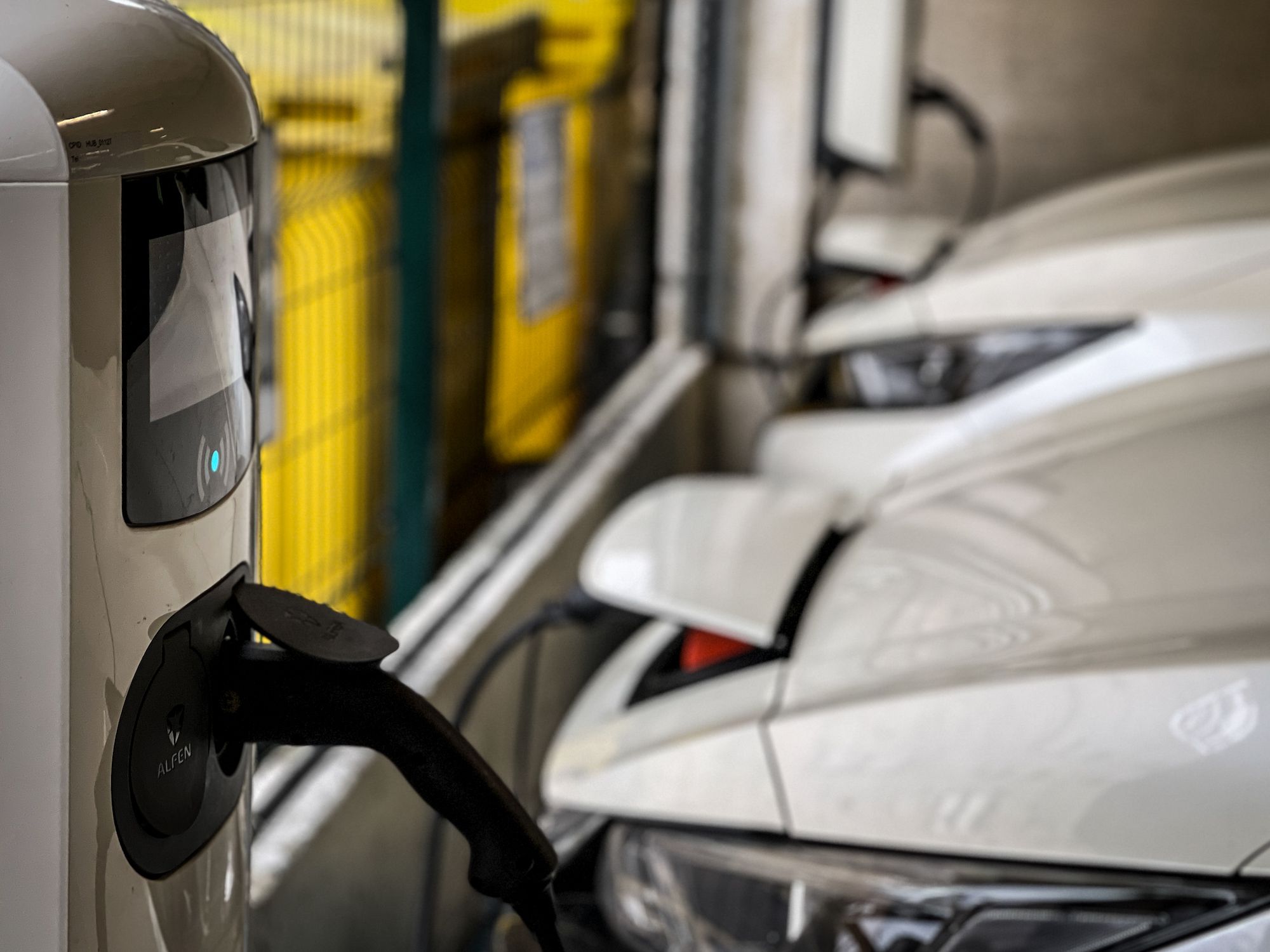
About five or six years ago I got in a drunken “debate” with my brother about electric vehicles (EVs). Specifically, how quick vehicle electrification would become the norm rather than the virtue-signaling liberal exception. Once the dust settled and the hangovers cleared, my brother insisted I had claimed we’d see a majority of vehicles on the road being electric by 2025.
I have no memory of making that claim. And it sounds wildly optimistic even by my generally optimistic standards. And whether or not my brother, who now drives an electric car himself, is correct about my predictions, there have been those who predict we’ll see a remarkably rapid shift to electric, autonomous and shared vehicles once we hit certain tipping points.
One of the reasons why shifts like this remain possible, and perhaps even likely, is that traditional projections rely heavily on the idea of a steady turnover rate in terms of vehicle fleets. And yet when it comes to electrification, drivers aren’t swapping like-for-like. They’re not being asked to simply trade in their gas-powered Ford or Toyota for another one when the time is right, but rather to make the call as to when—and if—a different technology will better suit their day-to-day needs.
I was thinking of this dynamic when I read that a full 67% of British motorists are considering ditching their gas- and diesel-powered cars in favor of an electric vehicle. That’s according to a survey of 2000 British motorists conducted on behalf of tire company Bridgestone, which also found that 64% believe the driving experience will actually be better. (This is a marked difference from the days when electric vehicles were seen largely as a worthy sacrifice.)
Interestingly, the survey also found that 67% of drivers—the same number that plan on making the switch—are aware that all new cars will be mandated by law to be electric by 2035. And that serves as one more reminder that not only do people make decisions now about where they see the market going in the future but also that those decisions are heavily influenced by the social and political context in which they live.
Having just visited London and seen electric black cabs and electric Ubers everywhere, I am not exactly surprised by these results. We already know energy and transportation choices can be contagious. As more and more people experience electric vehicles—both in terms of riding in them and seeing their neighbors and co-workers driving them—they inherently get the sense that things are changing.
And once you get the sense that things are changing, nobody wants to be stuck with an obsolete or old-fashioned vehicle. Imagine, for example, if your old landline phone had cost tens of thousands of dollars and required regular maintenance and service totaling thousands more. I’m pretty sure you’d have thought twice about buying a new one almost as soon as the first few “brick phone” Nokias started appearing among your friends and acquaintances.
Exactly how fast the transition will happen remains to be seen, and it will likely vary based on regional, cultural, political, and policy differences. But it’s increasingly clear that the direction of travel has been set.
The real question will be how much we’ll see a wholesale switch from gas- and diesel-powered cars to electric, and how much we’ll see folks rethinking their relationship to car ownership entirely. We know that e-bikes have the potential to eat cars, at least in some locations. It sure would be cool if some of those drivers took a step further, and rid themselves of a car on every driveway entirely …
